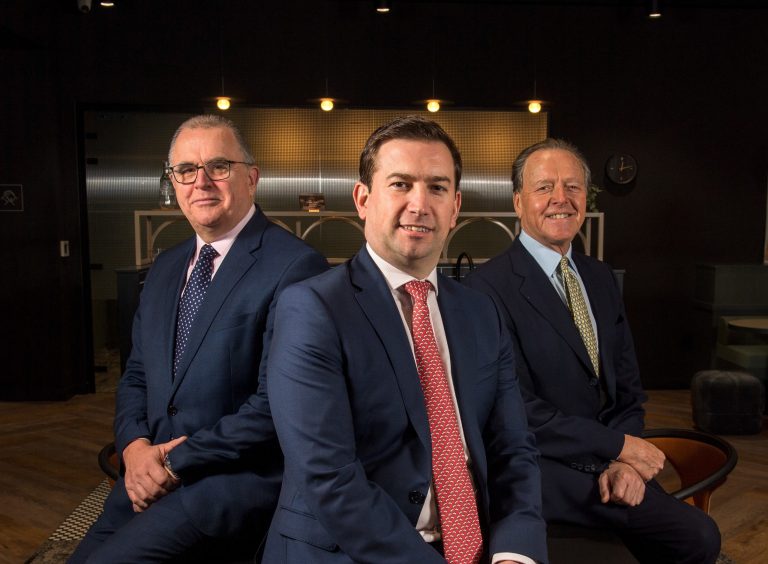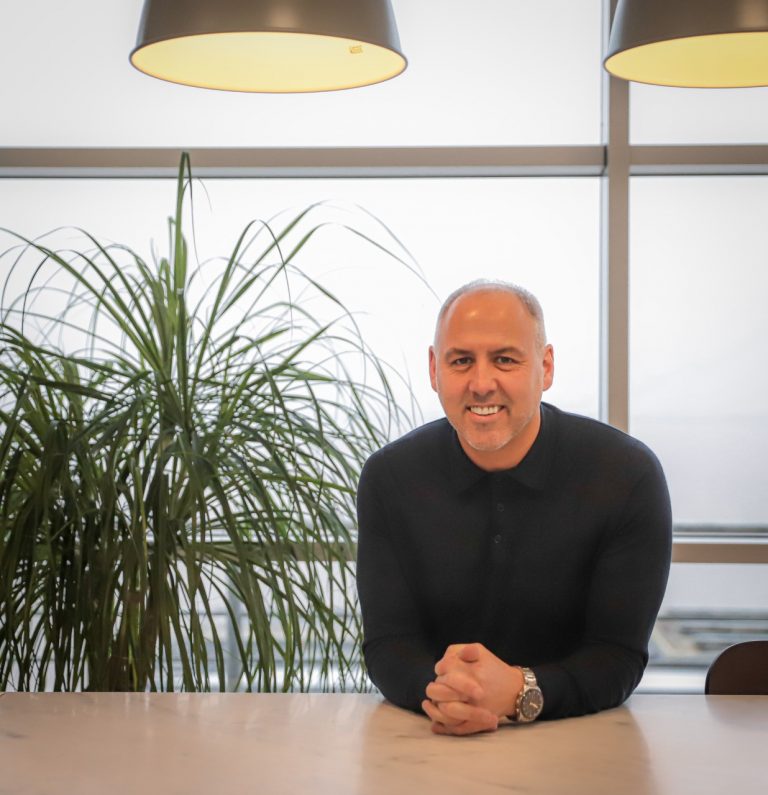RWO Associates announces new Leeds office appointment
Brunswick Arcade: update to ongoing works
Mayor of West Yorkshire launches Green Jobs Taskforce
- Tracy Brabin, Mayor of West Yorkshire
- Derek Whitehead, Principal and CEO of Leeds College of Building
- Rashik Parmar MBE FBCS, IBM Fellow and Vice President Technology – EMEA
- Peter O’Brien, Executive Director at Yorkshire Universities
- Alex Miles, Managing Director of Yorkshire Learning Providers Network, Director of Northern Skills Network and Governor at Selby College
- Gareth Forest, Policy and Campaigns, Trades Union Congress (TUC) for the Yorkshire and the Humber
- Lynne Allison, CITB (construction industry training board) customer engagement manager for the Yorkshire and Humber and Northeast Region
- Matthew Walker, Chief Executive of Leeds Federated Housing Association
- David Masters, Group Managing Director, OE Electrics
- Jan Thornton, Vice Chair Yorkshire Food, Farming & Rural Network
SYNETIQ success prompts 20% increase in workforce
Executive backs below-inflation council tax rise for North Yorkshire
North Yorkshire executive agreed to back a below-inflation council tax rise today of 3.99 per cent, below the maximum 4.49 per cent permitted.
Members heard how North Yorkshire can draw on reserves built up during robust savings programmes of past years to lessen the blow and help residents and the council steer through choppy waters ahead. The Executive agreed unanimously today to recommend a 3.99 per cent council tax rise, below the permitted maximum under government rules, in order to protect resident’s pockets while continuing to meet the needs of the most vulnerable people in the county’s communities. Such a rise will also help to maintain a sound budgetary position before the new unitary council for the county comes into effect from 1 April 2023. Councillor Gareth Dadd, our Deputy Leader and Executive Member for Finance, said: “We have set below inflationary rises over the past 11 years when inflation has risen by 38 per cent and council tax increases by 33 per cent. “Despite the challenges of this year with rising costs associated with high inflation and uncertainty in relation to government funding, along with the continuing “scarring” caused by Covid-19 and increased demand for services, we are in a more robust position than most other authorities. For this reason we can once more back a below-inflationary rise. “We have tackled the savings required through the difficult years of austerity – which are still with us – in a pragmatic and early manner, squeezing £220m from the revenue budget. So we now have a pot of reserves to help us through these particularly choppy waters. We have prepared the rigging before we enter the storm – we will not be blown off course. Councillor Carl Les, our Leader said: “We are facing an unprecedented range of risks – the continuing impact of Covid-19, harsh winters and climate change, the need for interventions to prop up social care, the escalating costs of transport for special educational needs students, to name but a few. “These pressures are such that given the need to continue to deliver key services at a time of rising demand and the need to successfully transition to a new council, our final budget will require a higher degree of support from reserves than would otherwise be the case or is desirable. We are prepared for that.” Cllr Gareth Dadd added: “To freeze council tax at this stage would be irresponsible and a disservice to the most vulnerable in our society; to set the budget with a maximum tax rise of 4.49 per cent would hit our residents pockets too hard. But a rise of 3.99 per cent with the option to draw on reserves when necessary, acknowledges both the financial pressures faced by residents and the vital services which deliver to our most vulnerable.” Today’s Executive budget recommendations will be decided by the full council in February.AlphaPlus acquired by leading assessment organisation, AQA
International wealth and investment management group acquires South Yorkshire business
Community services charity acquires freehold offices
York’s Quarterly Economic Update shows signs of positive recovery
Challenging times for business – but help is at hand
Kinrise embarks on transformation of prize Leeds buildings
Investor confidence in financial services increases across Yorkshire and the Humber
Panmure Gordon opens new north of England office in Leeds
RAW announce appointment of Tim Eggar as Non-Executive Chairman
Bucking the trend in a difficult year for the commercial interiors industry
“Black swan” event of Covid has revolutionised the way in which the traditional office is viewed – Knight Frank
- A more compelling environment AND experience
- A more heavily utilised and productive space
- Placing greater emphasis on collaborative rather than private work-spaces.”
Offering international advertising services: what agencies need to consider when scaling up
- Outsource your advertising services to the client’s home turf – It may only be worth attempting this if the client is an important source of revenue or if you serve multiple clients in the same country.
- Introduce 24-hour workdays – A night crew may be able to handle client relations after you have turned in for the evening.
- Note time changes – While the UK and other countries occasionally put the clocks back, nations like Japan and China don’t. The rules may be subject to change here too, so it’s worth doing some research to see how things alternate and where.
- Set the rules early – Once you and your client understand one another’s time zone differences, you can then schedule a recurring meeting time to be certain of another’s availability. Try to meet their needs and work with them during their most suitable time.
Andrew Jackson Solicitors LLP welcomes two more solicitors
David Cutter to step down from Group Chief Executive role at the AGM
Skipton (“the Society”) today announces that, after almost 30 years with the business, 13 of which as Group Chief Executive, David Cutter and the Board have agreed that he will step down from his role with effect from the Society’s AGM in April 2022.
This follows a period of considerable progress for the Society, with an expected strong financial performance in 2021, a year which was also marked by the successful acquisition of Countrywide plc by Connells Ltd, creating the UK’s largest estate agency network. The Board is, therefore, initiating a process to appoint a high calibre successor with the requisite blend of experience and expertise to lead the Society into the future as it builds on its strong financial position, diversified business model and compelling customer proposition to continue to deliver for its members. Robert East, Chair of Skipton, said: “David has made an outstanding contribution as Group Chief Executive for the last 13 years and during his 28 year career with the Society. He has led the Society out of the challenges of the global financial crisis, through Covid and the transformative acquisition of Countrywide Plc by Connells to the robust financial health we enjoy today.” “The growth in membership, savings balances and mortgage lending through David’s tenure show his focus and dedication to serving and delivering for our members.” David Cutter, Skipton Group Chief Executive, said: “It has been a privilege to lead Skipton and I am extremely proud of all that we have achieved. After almost 30 years with the Society, and over 22 years on the Board, having completed the acquisition of Countrywide and with an expected strong financial performance in 2021 against the backdrop of the pandemic, the Board and I have agreed that I will step down from my role at the AGM.” “In the meantime, it’s business as usual as the Society continues to help more people have a home, help people save for their life ahead, and support long term financial wellbeing.”





















